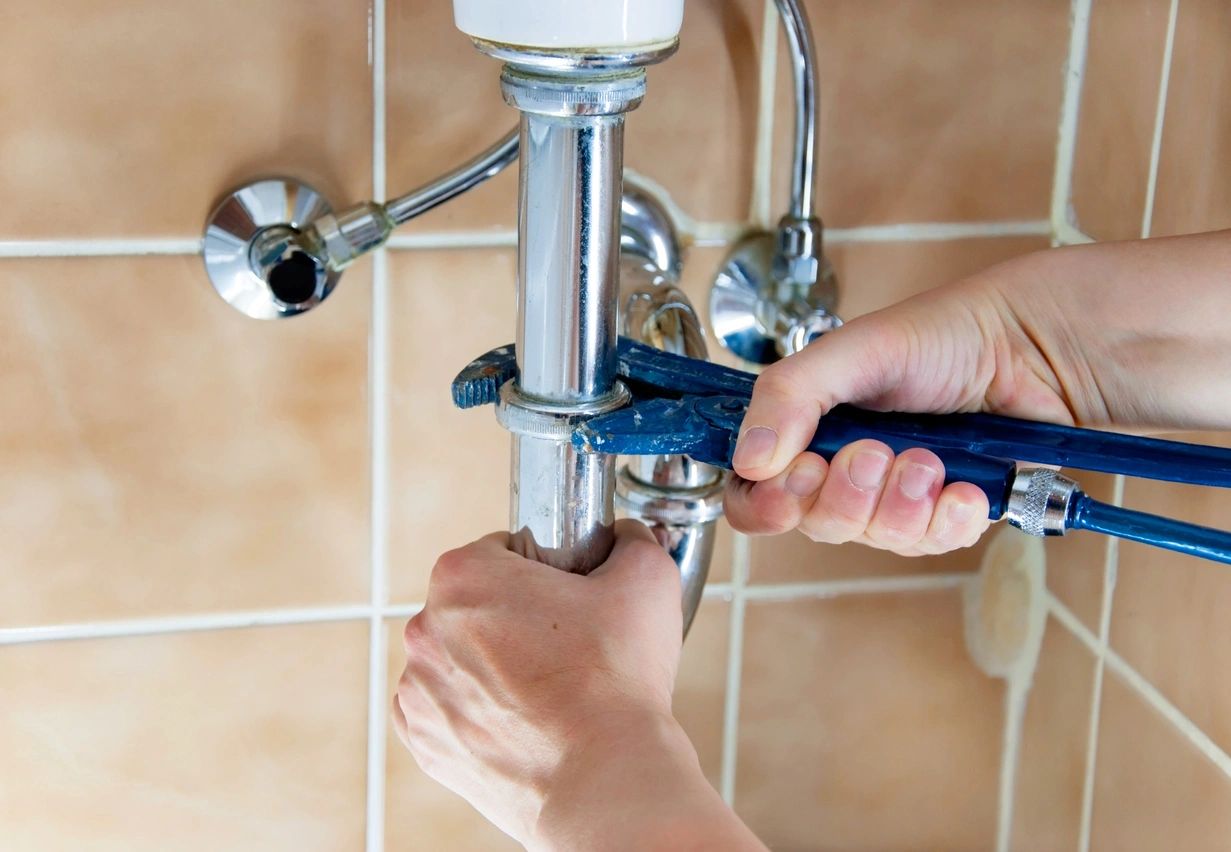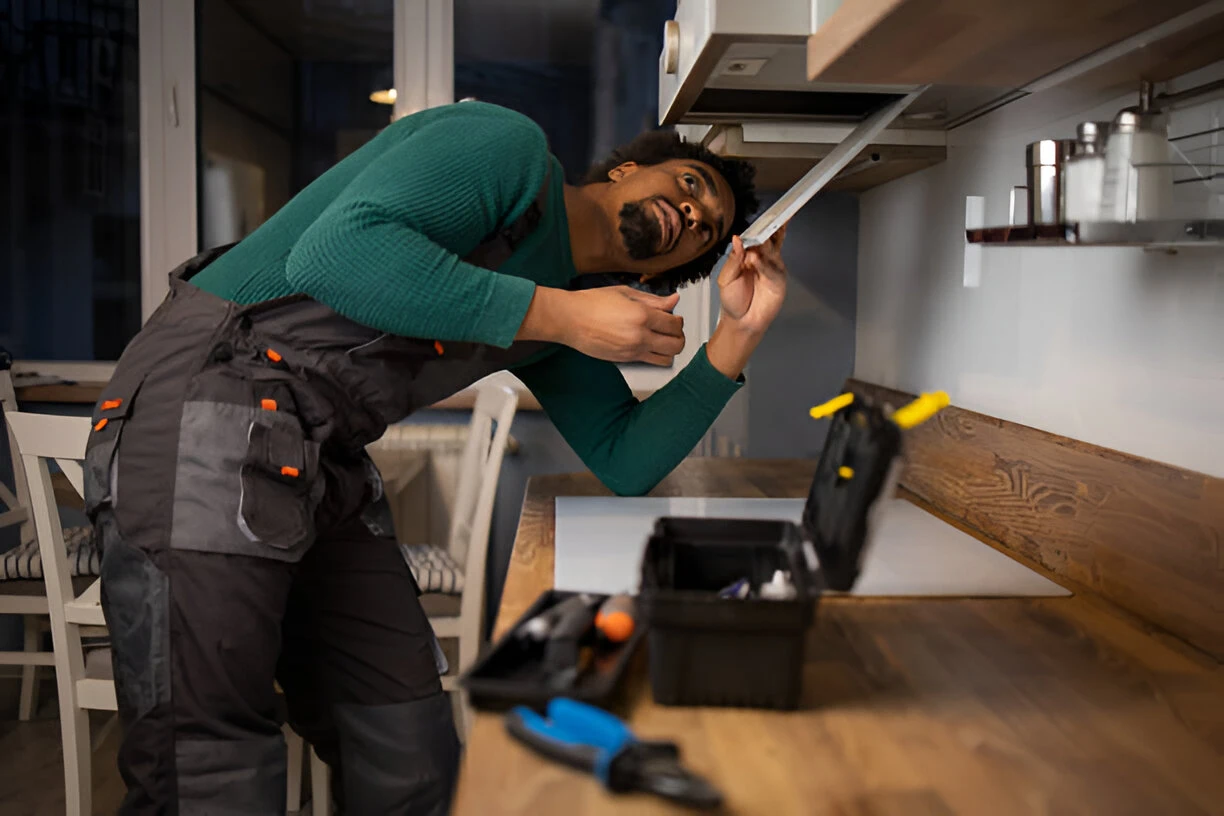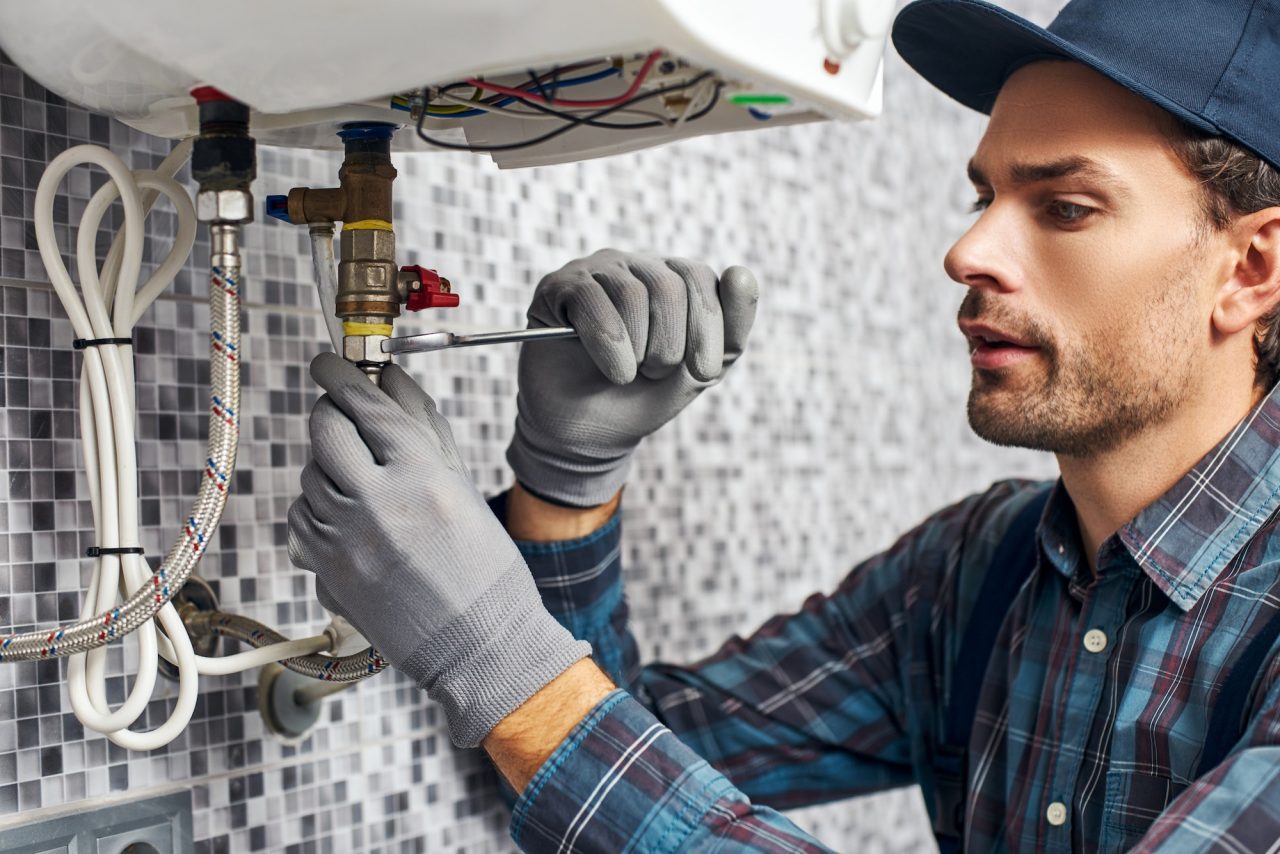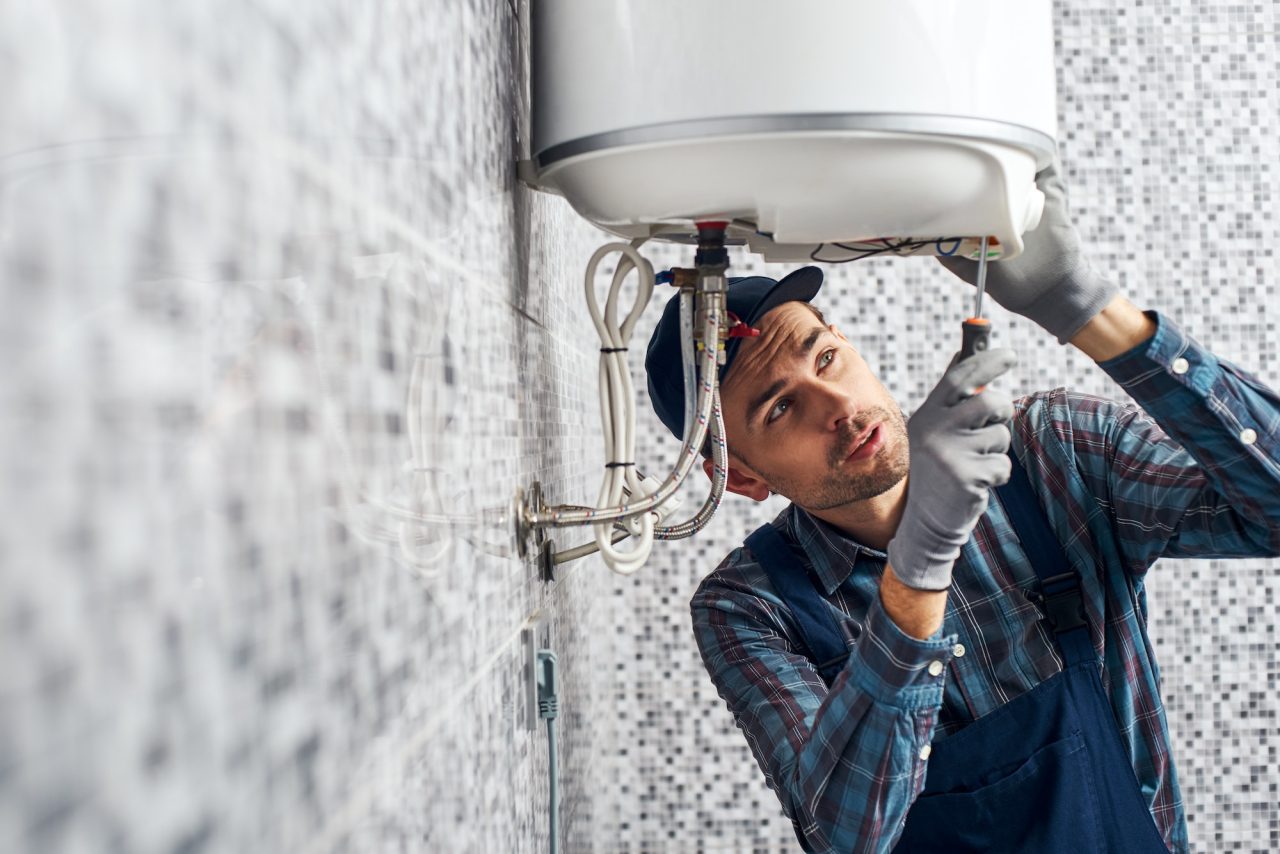A reliable water heater is essential for every homeowner, but over time, you may experience issues that raise the question: should you repair or replace it? By understanding some common water heater problems and knowing when to take action, you can avoid costly repairs, improve efficiency, and enjoy warm water whenever you need it. Let’s dive into a checklist of common issues, repair versus replacement factors, and some practical maintenance tips to keep your water heater in top shape.
1. Common Water Heater Issues (Checklist)
If you’re experiencing water heater troubles, use this checklist to identify potential problems:
- No Hot Water: The most common issue is a lack of hot water, often due to a faulty thermostat, tripped circuit breaker, or worn-out heating element.
- Strange Noises: Popping, rumbling, or banging sounds usually signal sediment buildup in the tank, which can cause the heater to overheat and operate inefficiently.
- Water Leaks: Leaks may come from valves or the tank itself and, if ignored, can lead to water damage and potential mold growth.
- Rusty or Cloudy Water: Discolored water can indicate corrosion inside the tank or on the anode rod, which protects against rust but deteriorates over time.
- Inconsistent Water Temperature: Fluctuating water temperatures may point to issues with the thermostat, wiring, or heating elements.
By following this checklist, you can identify the underlying issue and decide if it’s time for water heater repair or if a replacement is more cost-effective.
2. Repair vs. Replace: When to Take the Plunge
Deciding whether to repair or replace a water heater often comes down to the age of the unit, the frequency of repairs, and its overall efficiency.
- When to Repair: If your water heater is relatively new (under 8–10 years) and you’re facing a minor issue, like a faulty thermostat or heating element, a repair can be a cost-effective solution. Additionally, if the water heater hasn’t needed many repairs previously, fixing the current issue can extend its lifespan.
- When to Replace: A replacement is typically recommended if the water heater is over 10–15 years old, as older models are often inefficient and prone to frequent issues. If your repair costs are nearing half the cost of a new water heater, a replacement will save you more in the long run. Modern water heater installation options, such as tankless models, provide increased energy efficiency, longer lifespans, and savings on utility bills.
3. Energy Efficiency Tips for Water Heaters
Today’s homeowners are increasingly looking for energy-efficient solutions, and modern water heaters offer several options that can reduce utility bills:
- Upgrade to Tankless or Hybrid Heaters: Tankless water heaters provide hot water on demand and avoid standby heat loss, leading to energy savings. Hybrid models use a heat pump to reduce energy consumption by up to 60%.
- Lower the Thermostat: Setting the thermostat to 120°F instead of 140°F reduces energy costs by up to 10% while still providing comfortable hot water temperatures.
- Insulate the Tank and Pipes: Insulating your water heater tank and pipes minimizes heat loss, especially in colder climates, helping it run more efficiently.
Many local utility companies offer rebates for energy-efficient water heater installation, so it’s worth checking out incentives in your area.
4. Regular Maintenance to Extend Water Heater Lifespan
Routine water heater maintenance is essential for avoiding sudden breakdowns and prolonging the unit’s life. Here’s what you can do:
- Flush the Tank Annually: Sediment buildup in the tank can cause overheating, which strains the system. Flushing the tank annually removes sediment, making your water heater more efficient and quieter.
- Check the Anode Rod: This rod prevents tank corrosion by attracting minerals in the water. Replacing it every 3–5 years can extend the tank’s lifespan.
- Inspect for Leaks: Regularly checking for leaks, especially around the base and valves, can prevent water damage and alert you to issues early on.
5. Emergency Tips for Common Plumbing Problems
In addition to water heater troubleshooting, every homeowner should know how to handle plumbing emergencies before professional help arrives. Here’s how to tackle some common issues:
- Burst Pipes: First, locate your main water shut-off valve to stop water flow and minimize damage. If the burst is minor, you can wrap the pipe with a temporary fix like duct tape until a plumber arrives.
- Severe Clogs: For significant clogs that disrupt water flow, avoid using harsh chemicals, which can damage pipes. Instead, try a plunger or plumber’s snake to dislodge the blockage, or use a homemade solution of baking soda and vinegar to break down minor clogs.
If you need professional help, local plumbers like Super Duper Plumbing specialize in fast and reliable plumbing repairs, helping you handle emergencies quickly.
6. Choosing the Right Water Heater for Your Needs
When it’s time for a new water heater, consider these factors to find the best model:
- Energy Source: Choose between electric, gas, or hybrid models, depending on your home’s energy setup and your efficiency preferences.
- Capacity and Size: Select a water heater that matches your household size and hot water needs, as undersized units work harder and fail sooner.
- Warranty: Look for water heaters with long warranties, which indicate a manufacturer’s confidence in product durability and may cover part replacement costs down the road.
For more tips on selecting the right water heater, the U.S. Department of Energy provides guidelines for water heater efficiency.
Final Thoughts
Choosing whether to repair or replace your water heater can seem overwhelming, but by evaluating your unit’s age, efficiency, and performance, you can make the best decision for your home. Regular maintenance and occasional troubleshooting will go a long way in extending its lifespan and keeping it running smoothly. And remember, when emergencies strike, take immediate steps to minimize damage and call a professional for reliable water heater repair or installation.
To learn more about energy-efficient water heaters and rebates available for homeowners, check out Energy Star’s Water Heater Guide for additional information.





